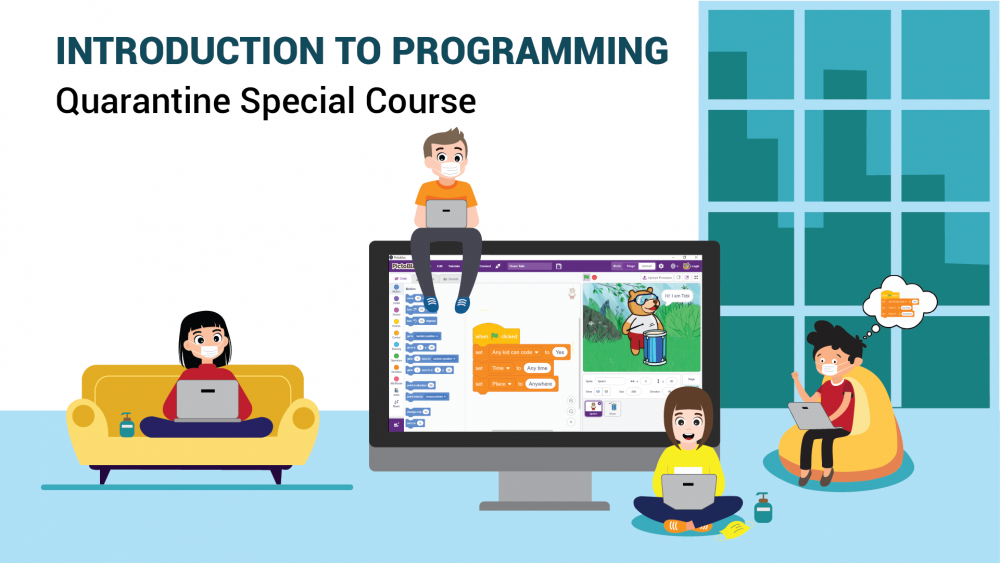Mục lục
Unemployment in the US has crossed 15% and increasing, up from 3.5% in February 2020 despite the $2 trillion stimulus package implemented by the government. It had peaked at 10% during the financial crisis of 2008 and 25% during the Great Depression of the 1930s. Though India does not have a similar jobs data reporting structure during this pandemic, it is easy to see that the job market this year will be the most challenging that we have seen in our lifetimes. If you have lost your job, taken a pay cut or are staring at an uncertain future, know that this is also a great time to consider a change of career.

1. Revisit your assumptions
Ask yourself these questions. If your current job were offered to you now—would you accept it? If not, then how has your view of the future changed? What is your new 10-year goal and how will you reach there? Perhaps the answer is you seek a career change. But first, make sure that all other areas of your life are stable. If your health, relationships, or property need urgent and serious work, prioritise that before beginning on a new career journey.
2. Create multiple paths
Instead of a single 10-year plan, create different paths for your future. Consider parallel universes, one where a career risk works out well, another where it fails, an entrepreneurship option, a world where pandemics are constantly recurring or one where you don’t find employment but can work on contract. Planning does not mean that they will come true. But when you put down your pen to paper, you will think clearly, identify your skills, prepare for uncertainty, and make better choices

3. Private sector?
The longest running assumption of our times is the plethora of jobs and wealth creating opportunities in the private sector. That is until a crisis hit us. Economists who studied the 10-year Great Depression of the previous century, realised that those holding a government job or pension came out the best. Security of income, stability of role and an employer that will not shut down are factors that become immensely valuable in chaos. Consider that survival beats wealth when you can choose only one. Thus, a government career becomes a great option for the future. Especially if you are in your 20s and have just begun your journey.
4. Lure of IT/ITES
Another assumption that is currently cracking up, is that if you get an entry into the IT/ITeS sector, you are set up for life. Basic coding skills and a first job is no longer enough. The current depressed market, and reducing margins are forcing big companies to pursue automation and eliminate lower skilled personnel and middle management with great vigour. Do you have a plan to reach team leadership roles, exit to another industry or upskill constantly to remain valuable? Consider an MBA, change of roles to IT sales or even switch to startups and the product space instead of your existing career plan

5. Frame of mind
Your attitude and approach matter the most if you are considering a career change currently. Despite all the negativity around, you need to remain positive and play the long game. Seize the initiative and get started on the new problems confronting you whether it is losing your job or staring at an uncertainty. Always seek innovative solutions and work as a team player. Be flexible in evaluating options and do not hesitate to ask for guidance. Finally, to be emotionally strong, practice an attitude of ongoing gratitude for what you are blessed with and offer help to others who need you
6. Embrace the change
Instead of struggling to retain status quo, embrace the chaos. Now acknowledge the new realities and the careers that are thriving during the pandemic or because of it. Within a month, the following professionals have gained in value and job security – online sales, customer support, online education, digital marketing, teaching, writing, design and of course coding. Similarly, work habits are undergoing a sea change with most companies shedding their inhibitions of offering remote working, contract roles and commission-based compensation. Where will you fit in? Else how will you get to a position of value?
7. Control and leverage
The pandemic has made it easier for you to switch careers and justify it both socially and professionally. Your family is unlikely to object to a well-reasoned plan and a future employer will understand when you explain your layoff and decision to switch. Secondly, focus on what you can control and stop worrying about what you cannot. Reduce expenses, learn new skills, read new books, apply to multiple jobs outside your current domain, switch geographies, industries and functions and control the use of your time. You must stop worrying about how the job market will treat you, how much time it will take to find a job or save up for a new house and other factors currently beyond your control.

8. Get Started
While you have the time, prepare your personal budget and focus on staying healthy. Introspect and identify your technical and soft skills. Figure out where these skills are transferable and valuable and plan to fill in the gaps with education or experience. Prepare your resume, update your LinkedIn profile and dive into the job search process. Apart from discovering and applying to online jobs, reach out to decision makers in the domain of your interest through your network. Seek personal appointments when possible and pitch your case. You have the courage and self-belief to make it through in a topsy-turvy world!

FRESH GRADUATE CHALLENGES
1. Unemployment
If you are graduating from college in 2020, your batch will have a tougher time fi nding their fi rst job, unlike your immediate seniors. Like the 2000 and 2008-09 market crashes, unemployment levels three months after graduation will be higher for your cohort by up to 30%. Your chances improve when you start earlier and knock more doors.

2. Job first, choice later
You will get started faster through more efforts and by taking risks. Salaries may be lower by nearly 20% and you may not fi nd jobs in your preferred domain. Prioritise getting any job to gain work experience and shift domains once the market improves. You can also work through unpaid internships or in your family business.

3. Digital skills

The job market always changes after a major crisis. This time, the change is an increased focus on online, technology and digital skills that enable workers to contribute remotely. Whatever your line of education be, you are unlikely to be considered unless you demonstrate comfort with digital tools in your fi eld of work, eg. Tally for a commerce graduate.
4. Next degree
A great option is to acquire additional certifi cation or degrees and defer your entry into the job market. Not only are you better equipped but also the market circumstances will change. So, pursue that Masters or PhD degree right now instead of waiting for a year or two. Consider a job-worthy diploma in a related fi eld to keep costs low.

5. Online learning
Online education though less valuable than a full-time course, is your fi nal option to stay occupied, learn more and acquire certifi cation. Know that ed-tech has become popular in the crisis with lots of low cost or free options. Finally, in your next job interview, you will be able to differentiate yourself from your competitors.

(The author is Founder and CEO at Quezx.com and Headhonchos.com)





